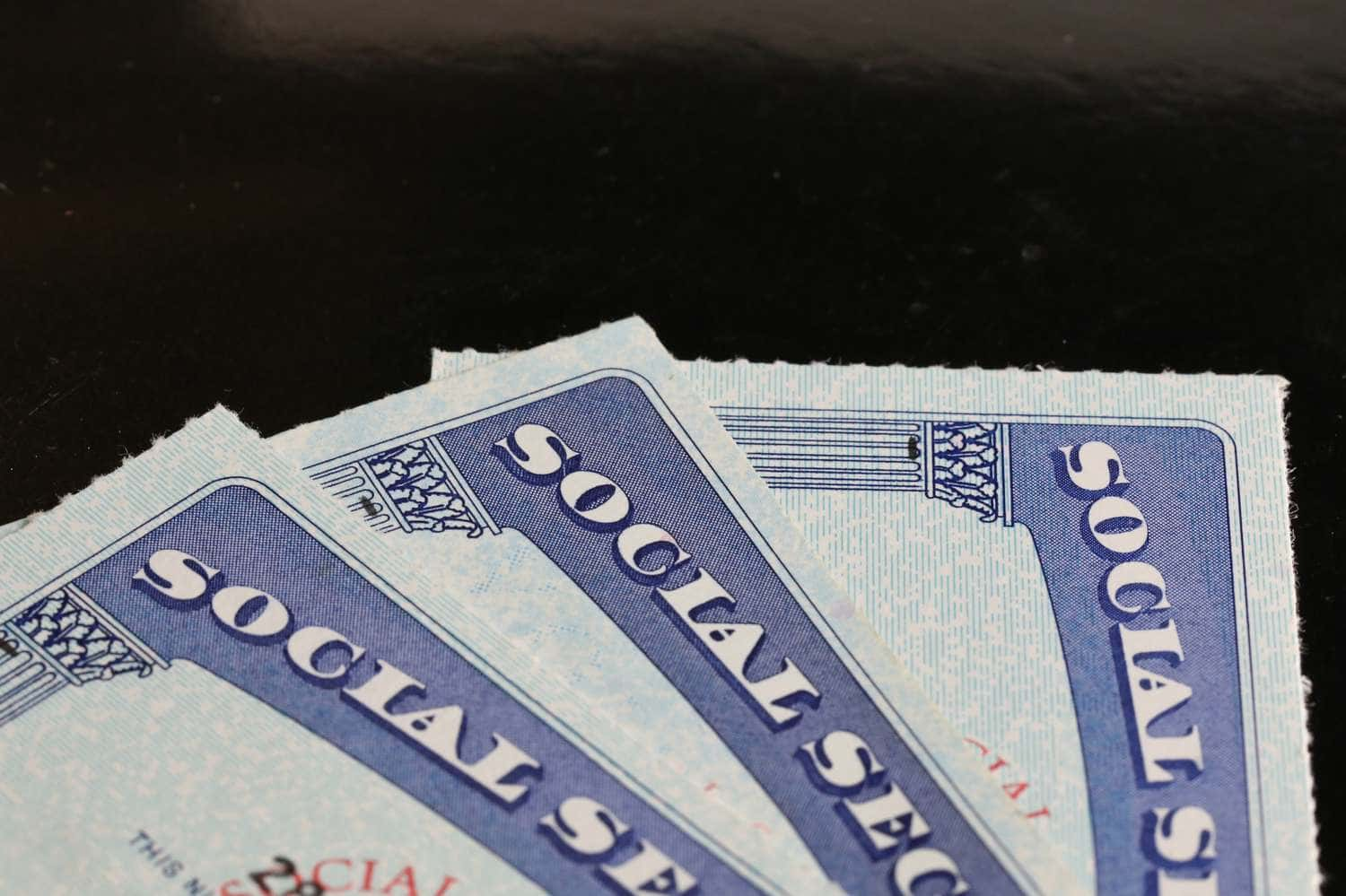Politics have always been difficult when it comes to Social Security. Initially created as a social insurance program for senior citizens in America, shifting demographics pose a danger to cutting back on promised benefits as soon as 2033.
Throughout the years, several legislators and research institutes have suggested privatizing part or all of the Social Security program to address these budget concerns. While critics of the proposal claim it is going to be excessively expensive, especially for lower-income Americans, supporters claim it will improve the level of savings amongst Americans and give them a more wealthy retirement. But what exactly does privatizing Social Security entail, along with what are the possible results?

What Would Social Security Privatization Mean?
The United States government manages the social insurance program known as Social Security. Even though Social Security also provides additional advantages, the majority of Americans view it as a source of retirement funds. The government charges payroll taxes on employees to pay for the benefits. The Social Security Trust Fund invests any extra funds in US Treasury bonds. Benefits are paid to present beneficiaries using Trust Fund income as well as employee payroll taxes that are collected.




